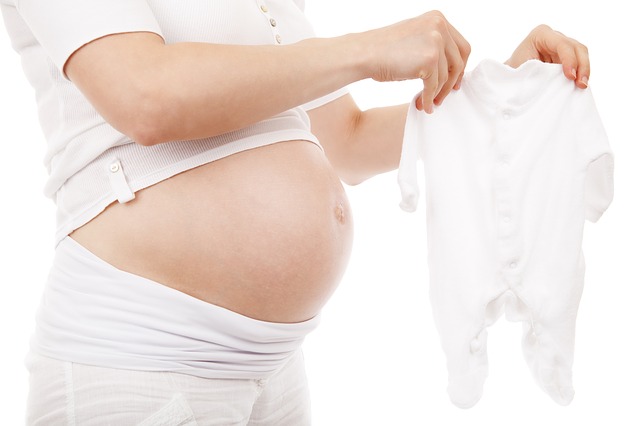The treatment of egg donation is quite similar to IVF treatment. In 1980, the first baby was born through IVF by utilizing the egg donation process. Since then, thousands of children take born in the same way each year. In the egg donation process, the egg donor needs to sign a consent form that mentions the risk of dying during the egg retrieval, risk of internal bleeding, risk of infection, and a chance of developing pain and swelling in the ovaries as a result of the self-injected hormone treatments. Usually, the mentioning risk factors associated with egg donation are very minimal which is as follows:

- The risk of dying during the egg retrieval is 0.000004%,
- The risk of internal bleeding is 0.1%,
- Risk of infection 0.5%
- Chance of ovarian pain and inflammation development is 2-6% as a result of the self-injected hormone treatments.
The consent form also mentions no known long-term risk is associated with the egg donation process. However, “no known risk” doesn’t mean there are no risks.
In clinical practice, IVF patients receive almost similar treatment as egg donors. But biologically both are different. Individuals who opt for IVF treatment usually have more than 35 years of age and suffered from infertility issues. Egg donors are much younger and do not have fertility difficulties. Therefore, it cannot be expected same treatment reactions for both cases.
It is necessary to mention that medical researchers admitted that egg retrieval-associated hormonal treatment and surgical procedure involve long-term health risks like effects on fertility, chronic illness, infections, and cancer progression at later years of life. Some of the information shared by different case studies reported that egg donors generated complaints of breast cancer, fertility loss, colon cancer after just a few years of egg donation. The case histories of these patients have no family history as such.
Generally, the egg donation process does not include long-term clinical follow-up. Egg donors usually have been released from hospitals immediately after completion of the egg donation process. There are no further medical consultations included in the terms and conditions. This creates a gap that interferes with the medical analysis of long-term risks associated with the egg donation process.
Every individual has a unique physiology. Therefore, the individual reaction to the prescribed treatment differs from each other. It is in the utmost need of inclusion of follow-up visits for egg donors to gauze the egg donation-related safety issues. This analysis is also required to estimate the actual percentage that is usually mentioned in the consent form for an egg donor to gauge the short-term risk associated with egg donation.



